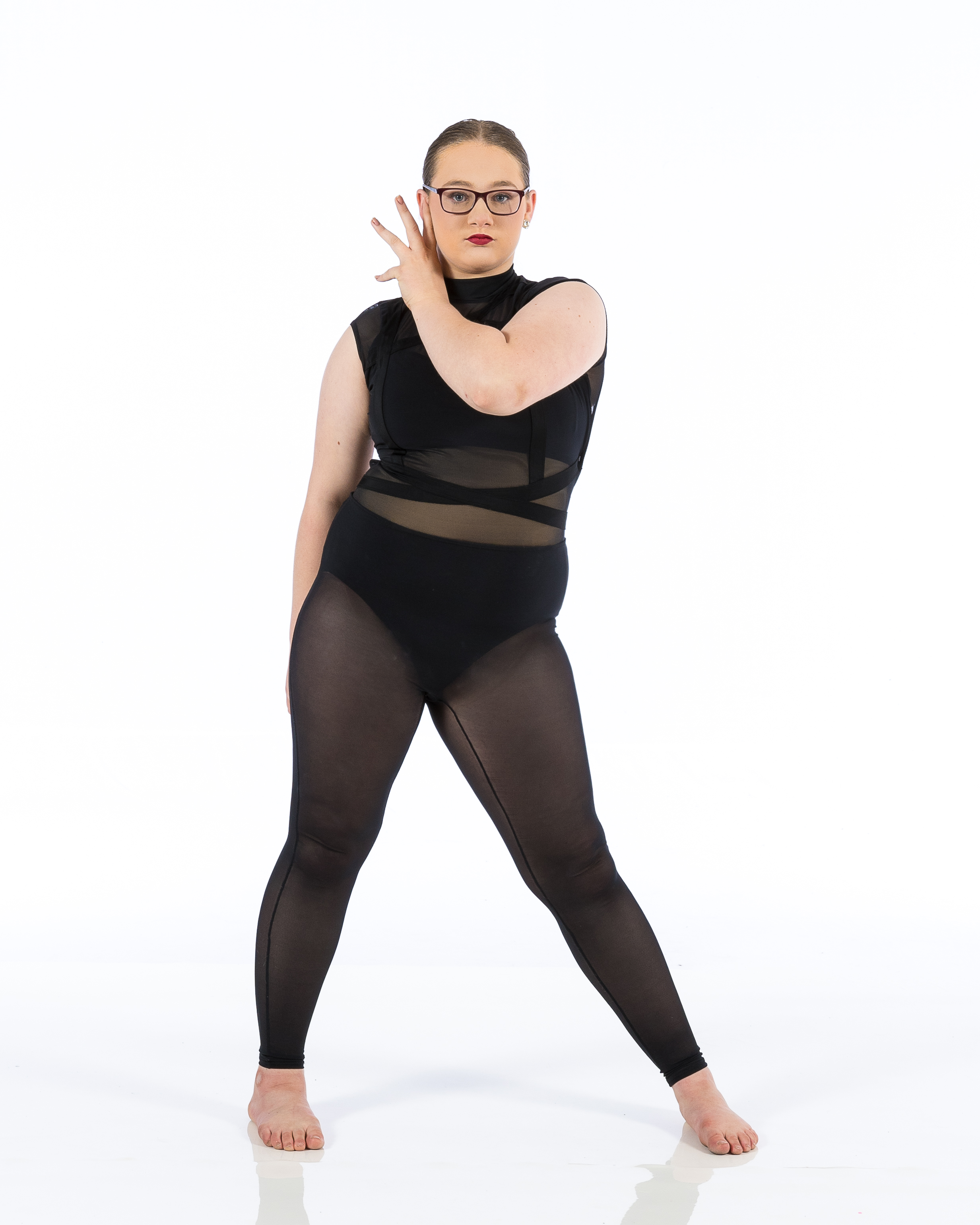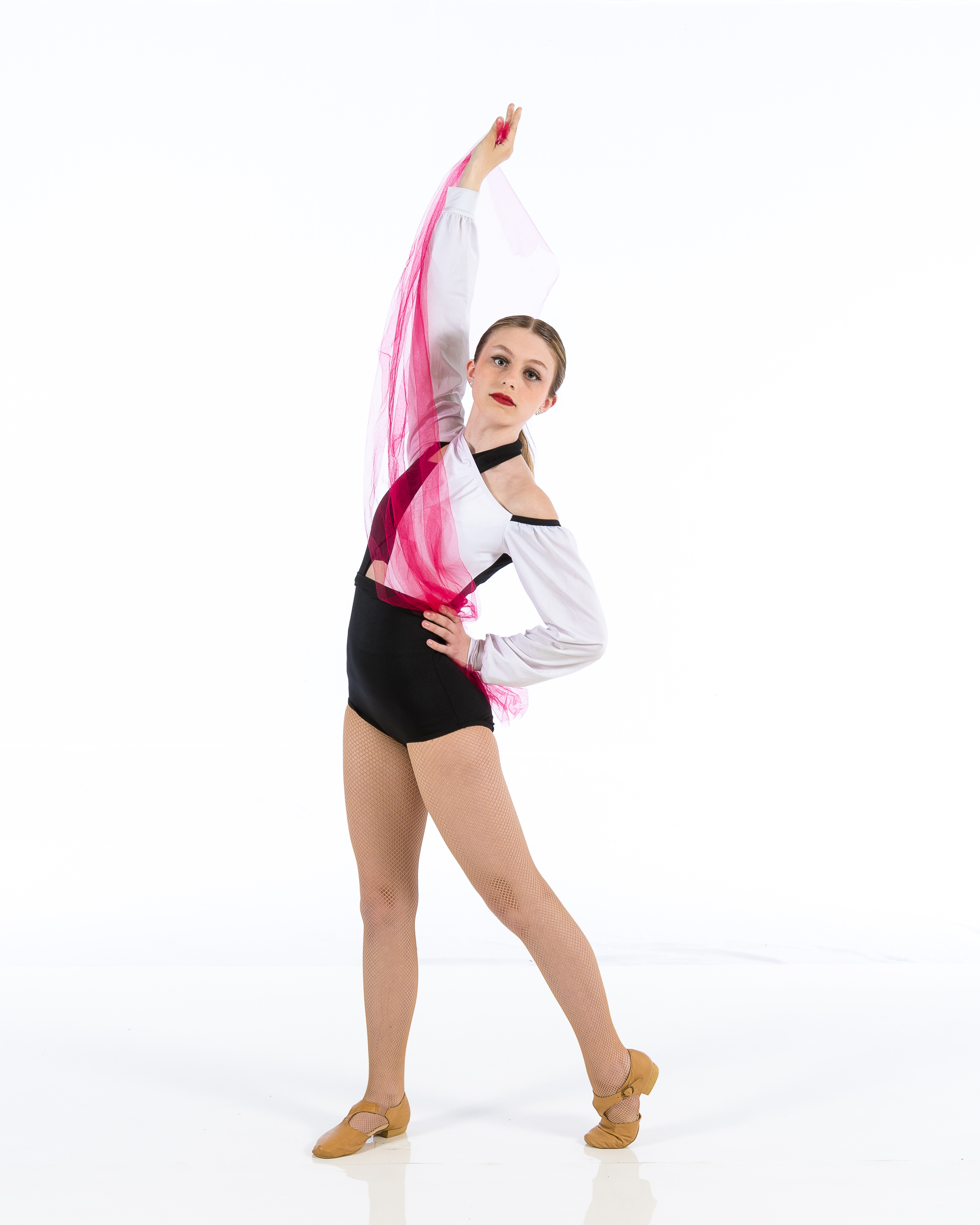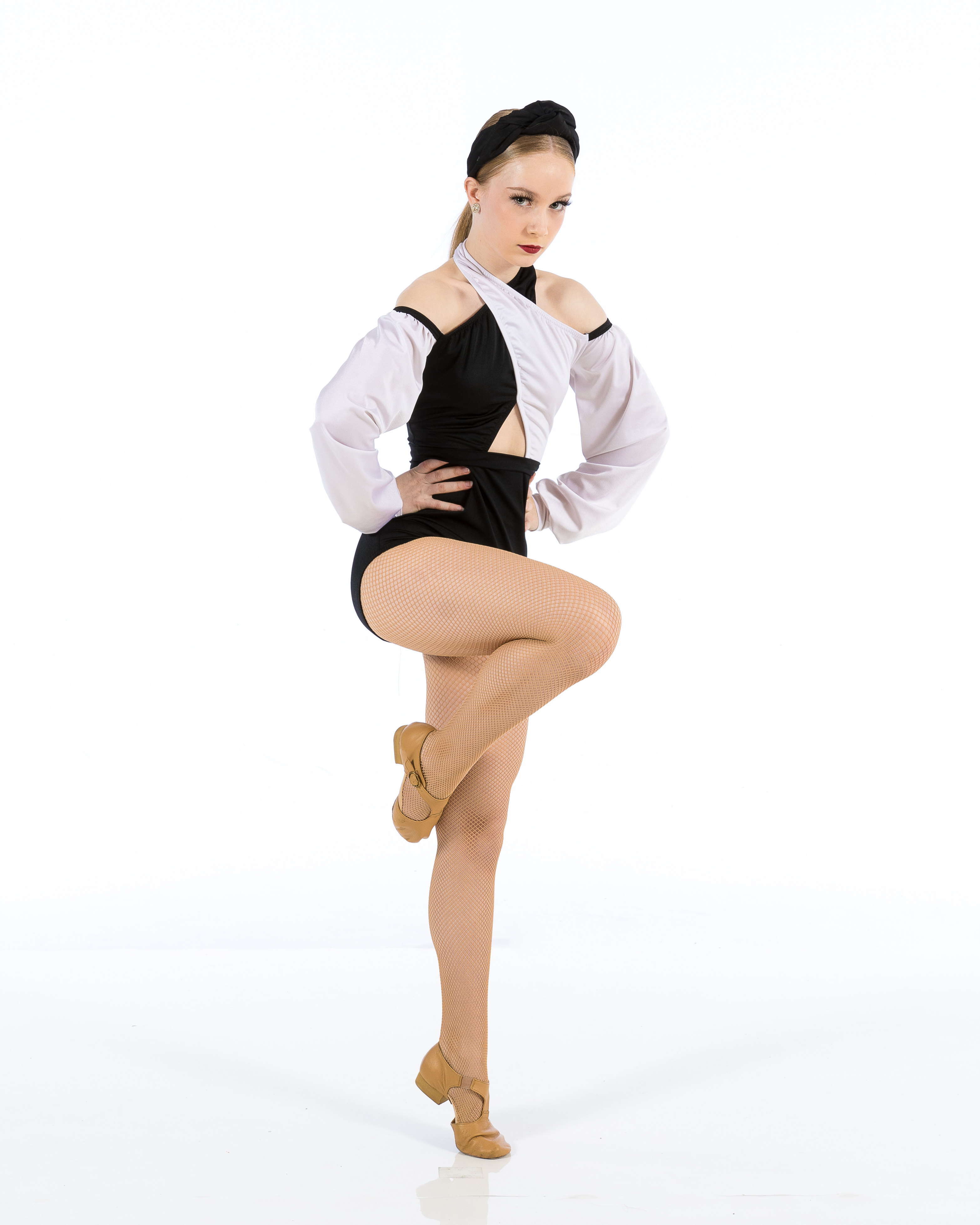Introduction
Stepping right into a dance studio for the first time is an exhilarating experience, one that can mix a mixed drink of emotions-- enjoyment, uneasiness, anticipation. Whether you're an experienced professional dancer or simply beginning your trip, recognizing the nuances of dance studio decorum can boost your experience and enhance your relationships with teachers and fellow dancers alike. In this thorough overview, we'll dive deep right into Mastering Dance Studio Rules: Vital Tips for Beginners and Pros Alike
From standard rules to sophisticated considerations, this short article will certainly cover everything you require to understand about browsing the vivid globe of dance workshops. So tighten up those shoe laces and allow's get started!
The Importance of Dance Studio Etiquette
Why Etiquette Matters in Dance Studios?
In any creative setting, etiquette plays a crucial function in maintaining consistency and regard among individuals. Dance studios are no exception. Good rules promotes a favorable atmosphere where imagination can flourish.
- Respect: Being considerate in the direction of teachers and fellow dancers develops shared respect. Focus: Proper behavior lessens distractions, enabling everyone to focus on learning. Community: Etiquette aids develop a supportive community that encourages growth and camaraderie.
Common Misconceptions Concerning Dance Studio Etiquette
Many newcomers hold mistaken beliefs regarding what makes up ideal behavior in dance studios. Allow's disprove some misconceptions:
- Myth 1: "Only advanced professional dancers need to adhere to decorum." Fact: Decorum is necessary for all degrees; it shows professionalism. Myth 2: "Instructors are also stringent about policies." Fact: Instructors apply rules to keep order and respect.
Basic Dance Studio Rules for Beginners
Dress Code: What to Wear?
First perceptions matter! The ideal outfit not only shows your dedication yet likewise improves your performance. Here's exactly how to clothe suitably:
- Comfort: Choose garments that permit free movement. Footwear: Buy good-quality shoes fit to your dancing style.
|Dance Style|Advised Clothing|| -------------|-------------------------|| Ballet|Leotard, tights, ballet sandals|| Hip-Hop|Loose-fitting clothes, sneakers|| Faucet|Comfy clothing, faucet shoes|
Arriving on schedule: Preparation is Key!
Being late can interfere with the whole class. Objective to come to least 10 minutes early to:
- Warm up. Settle in mentally.
Tip: If you're running late because of unforeseen conditions, notify the teacher beforehand.
Quiet Area: Keeping Silence Before Class
Dance workshops prosper on emphasis. Keep conversations to a minimum prior to course begins to make sure everybody can prepare mentally.
Intermediate Dance Studio Decorum: Building Relationships
Respecting Personal Space in Class
Every professional dancer deserves their room throughout session. Avoid crowding others while exercising actions or routines.
Why It Matters: Appreciating individual room advertises convenience and assists in much better knowing experiences.
Listening Proactively Throughout Instructions
When an instructor is speaking, it's essential to pay attention. Active listening demonstrates regard and helps you comprehend essential concepts.
How To Show Active Listening:
Maintain eye contact with the instructor. Nod when appropriate. Ask making clear inquiries if needed.Advanced Dance Studio Etiquette: Raising Your Experience
Providing Useful Comments Wisely
As you expand extra experienced, sharing feedback enters into the society. Nonetheless, strategy this naturally:
Focus on particular motions as opposed to basic critique. Offer tips only if gotten by peers.Encouraging Others: Building Community Spirit
Support Dance Studio your other professional dancers with support:

- Compliment their initiatives genuinely. Celebrate their achievements openly.
Mastering Dance Studio Decorum: Crucial Tips for Beginners and Pros Alike-- The Trainers' Perspective
Understanding Trainer Expectations
Instructors normally have details expectations relating to habits in class. Familiarizing on your own with these can greatly improve your understanding experience:
Listen diligently when they speak. Follow directions precisely. Give your best effort during every session.Building Rapport with Your Instructor
Establishing an excellent connection with teachers can be valuable for your development as a professional dancer:
- Ask questions related to choreography or method after class. Thank them for their guidance post-class; admiration goes a long way!
Handling Conflict With dignity in the Dance Studio Environment
Dealing with Disagreements Amongst Peers
Conflicts may occur within any type of group setting; recognizing exactly how to manage them gracefully is crucial:
Approach the person independently without rising tension. Use "I" statements instead of "you" statements (e.g., "I really felt overlooked when ...").Addressing Concerns with Instructors Professionally
If you have problems concerning direction or classroom dynamics:
Request an exclusive meeting after class hours. Express your sensations constructively concentrating on solutions rather than complaints.The Duty of Non-Verbal Interaction in Dance Studios
Understanding Body Language Signals
Dance naturally includes non-verbal communication; comprehending just how body movement functions in this context is vital:

Using Eye Contact Properly During Classes
Maintaining eye contact with instructors conveys attentiveness while likewise helping build connection amongst peers throughout team performances!
FAQs
Q1: What ought to I wear for my very first dance class?
A1: Opt for comfy apparel that permits free motion-- yoga exercise pants or leggings coupled with an equipped top works well!
Q2: Is it okay to miss out on courses occasionally?
A2: Life happens! Inform your instructor beforehand if possible; they'll value your consideration.
Q3: How do I manage feeling timid around other dancers?
A3: Begin small-- introduce yourself individually before expanding interactions gradually as experience grows!

Q4: Can I bring friends along to observe classes?
A4: Many studios favor prior setups; consult administration first so they know additional attendees!
Q5: What happens if I differ with a trainer's feedback?
A5: Approach them professionally post-class; reveal feelings making use of "I" statements concentrating on constructive discussion rather than confrontation!
Q6: Must I take part in performances also if I'm new?
A6: Absolutely! Taking part increases confidence-- speak out regarding any kind of reluctances so accommodations can be made accordingly!
Conclusion
Mastering dance studio etiquette isn't almost adhering to regulations; it's about growing an enhancing environment where every person feels valued and inspired-- whether you're just beginning or fine-tuning sophisticated methods as a seasoned pro! By sticking closely to these crucial ideas detailed right here under Mastering Dance Studio Rules: Essential Tips for Beginners and Pros Alike, not only will you improve your own experience however likewise contribute positively in the direction of nurturing a welcoming area within each dance studio you poise with your presence! So take these understandings forward into every studio space you enter-- and let the rhythm lug you toward excellence!